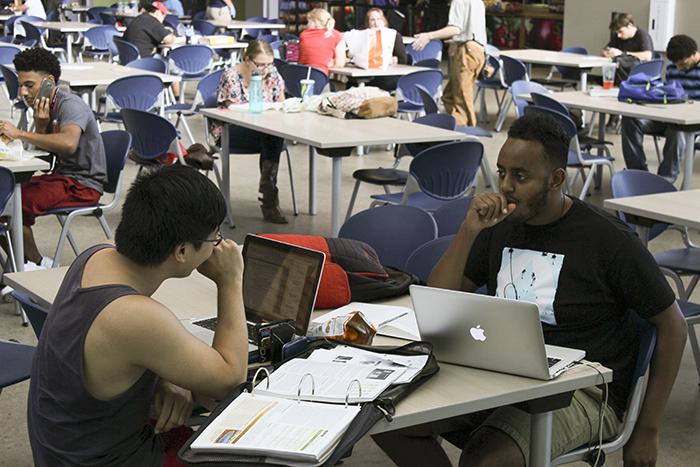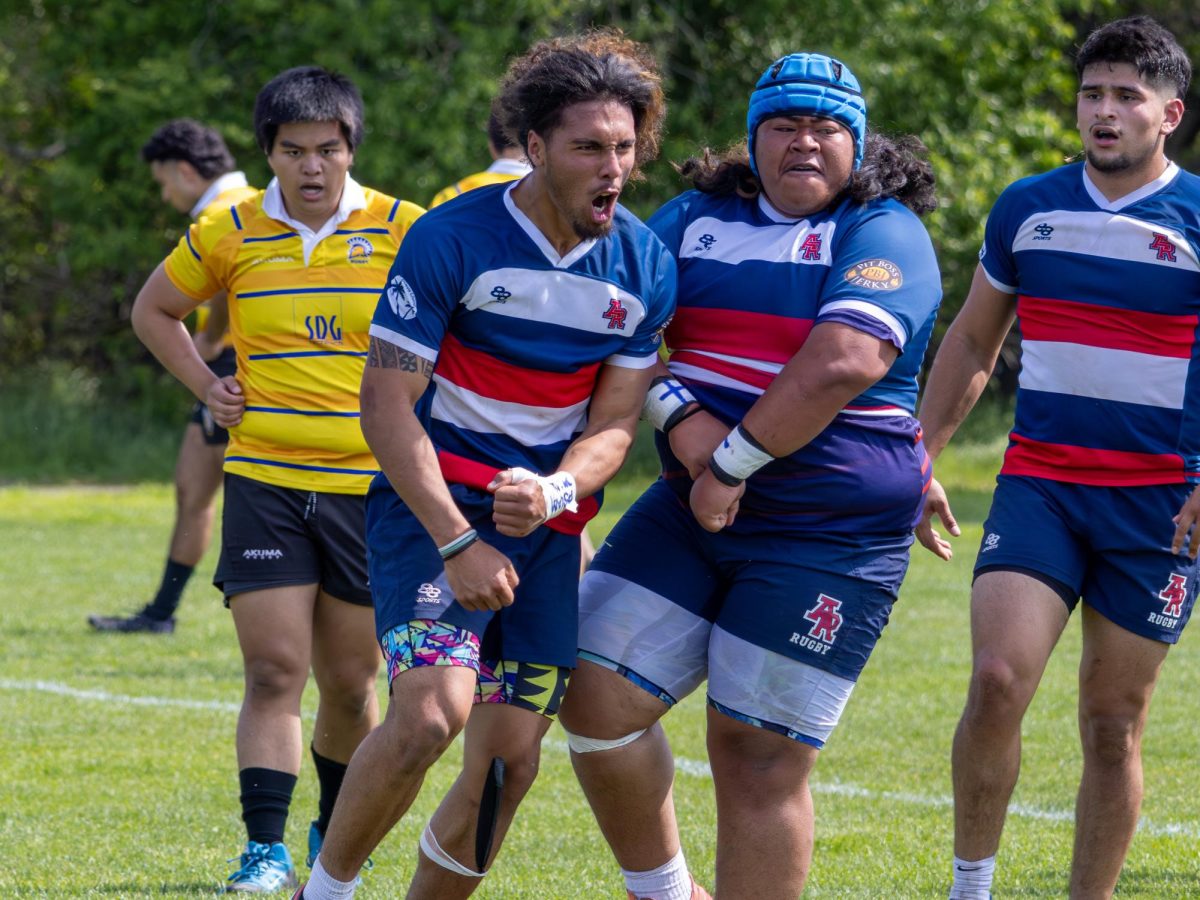The American River College WiFi network is undergoing a major overhaul this year.
The project to increase the capacity of the school’s wireless connectivity will begin in Davies Hall and is expected to be completed by the end of the Spring 2016 semester.
Faculty wanted to include more technological interaction in classroom lessons than would be possible under the current WiFi network.
“When our faculty has a high level of confidence in robust technology, they can have lesson plans that reflect that,” said ARC President Thomas Greene. “If you create an environment, you can walk in and students would be able to integrate their smartphone into that.”
ARC’s technology committee made a recommendation to the Los Rios Community College District that the system be either added to or completely updated.
The rise of smartphones and other wireless devices put a strain on the current WiFi system, according to Adam Karp, the dean of planning, research and technology.
“The goal is to – for lack of a better term – overbuild so that it will be able to accommodate students having a laptop, a phone, connected to the wireless network,” said Karp. “The goal is that in any classroom the instructor can say ‘Hey students, everyone can go on the wireless network now’ and the classroom will be able to support it.”
Karp said that the project will involve the installation of 375 internet access points around the campus. The equipment is scheduled to arrive next month and will be installed in November.
President Greene said that the project is beginning in Davies Hall because the need there is the greatest. Karp said that the project is not expected to interfere with classes.
After the installation of the access points, they will be connected to the network switches. Karp said that this is “the most complex component” of the project.
A network switch would allow the access points to communicate effectively.
In addition to the network switches, Power over Ethernet (POE) systems will allow the new WiFi systems to be more versatile in several ways.
“One of the things the new network will involve is power over ethernet, or POE,” said Karp. “That will allow for monitoring of the network in the sense of making sure if anything goes down or if there’s any outages, that kind of technology will be included in the new network.”
Eliminating the need for separate cabling, POE systems will allow the access points to be moved around more freely and for power and network connections to be delivered over one cord.
It is planned that the current WiFi infrastructure will be used on campus in other capacities.
“Wherever possible, we’re going to be repurposing the equipment that we have so there’s minimal waste for equipment that’s still serviceable,” said Karp.
Karp added with an updated WiFi system, the college is planning to have mobile computer labs.
“So we take an existing classroom that doesn’t have any computers in it and we’ve got laptops – I believe one area is using Surface Pros – and they’re in a cart,” said Karp. “They just take the cart out and take the laptops out, pass them out to the students, and have a mobile lab.”
Dyne Eifertsen, the head of the technology committee, said that his board will be updated on the progress of the WiFi overhaul throughout the year.
“We monitor the process through the monthly IT Supervisor updates at our meetings,” said Eifertsen. “We are very supportive and excited to see this upgrade.”
Greene said that the school wants to move towards a BYOD – “bring your own device” – model of interactive instruction.
Christian Casteneda, a mechanical engineering major, approved of that idea.
“We can do days on a laptop, an iPad, a phone,” said Casteneda. “We don’t need to go to the library or any of that.”














